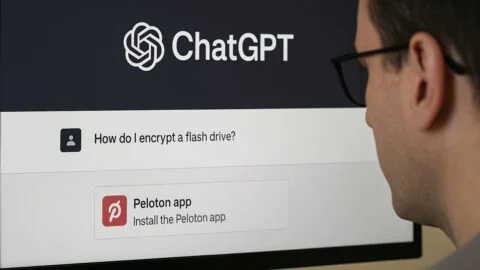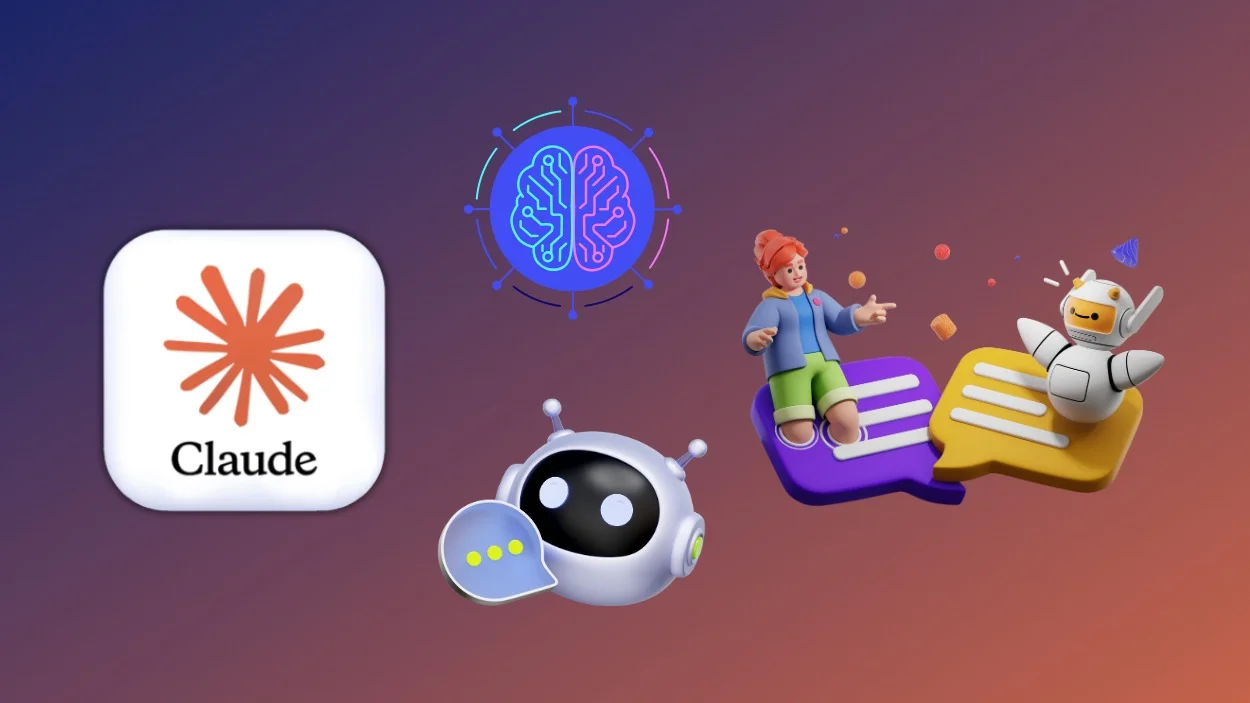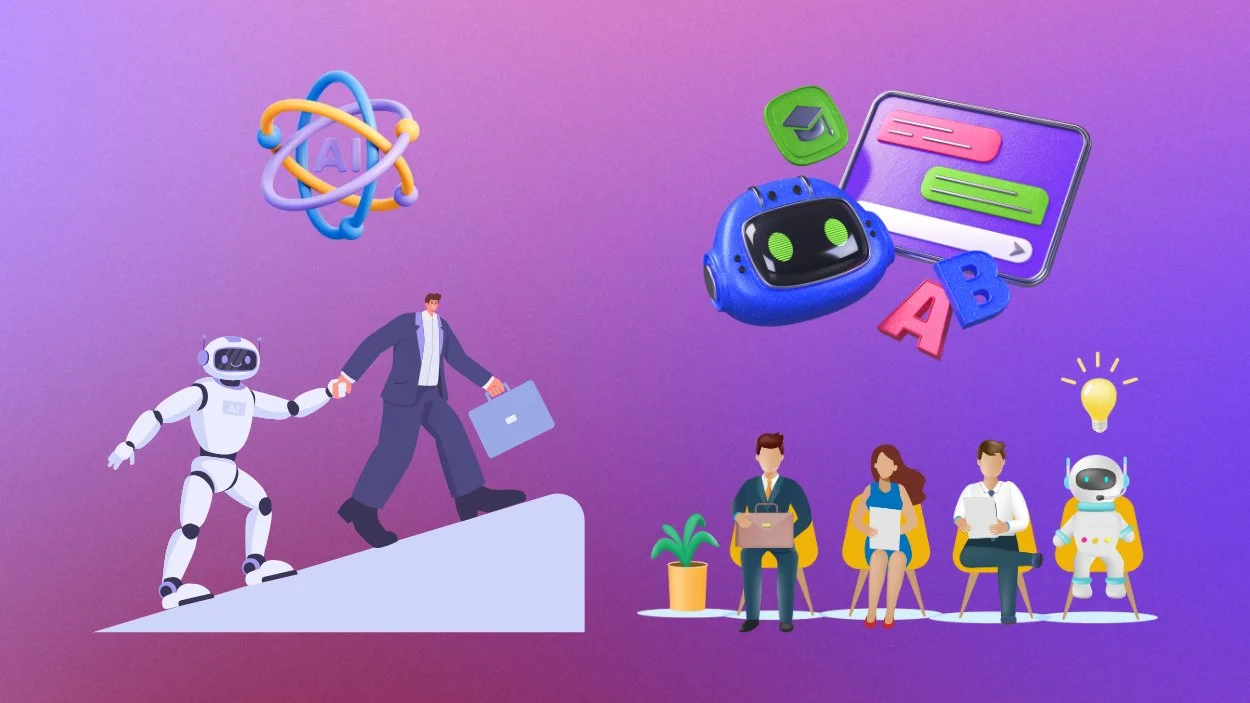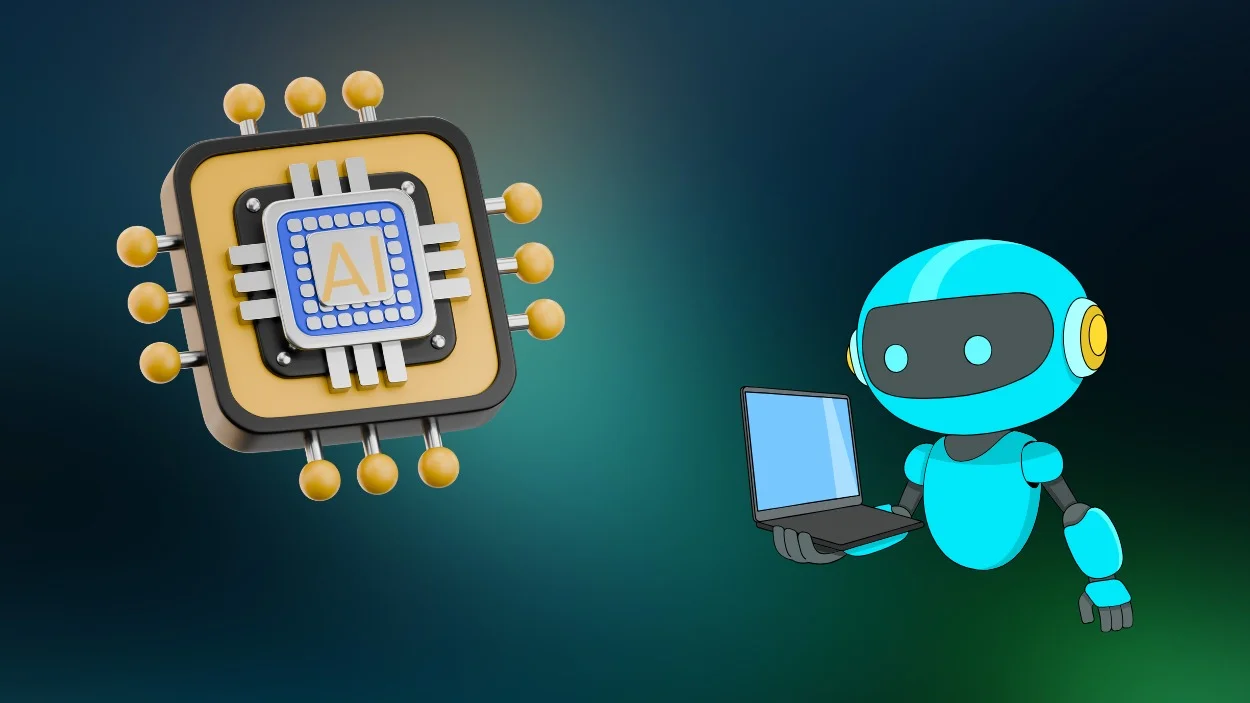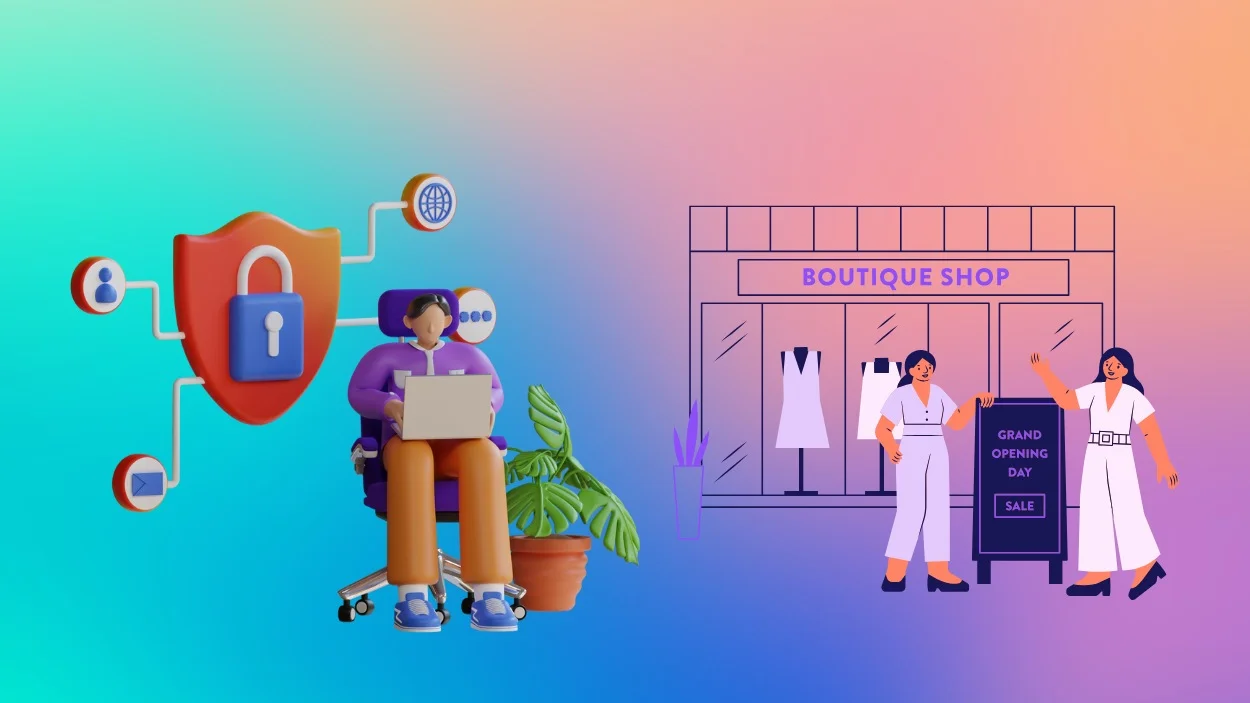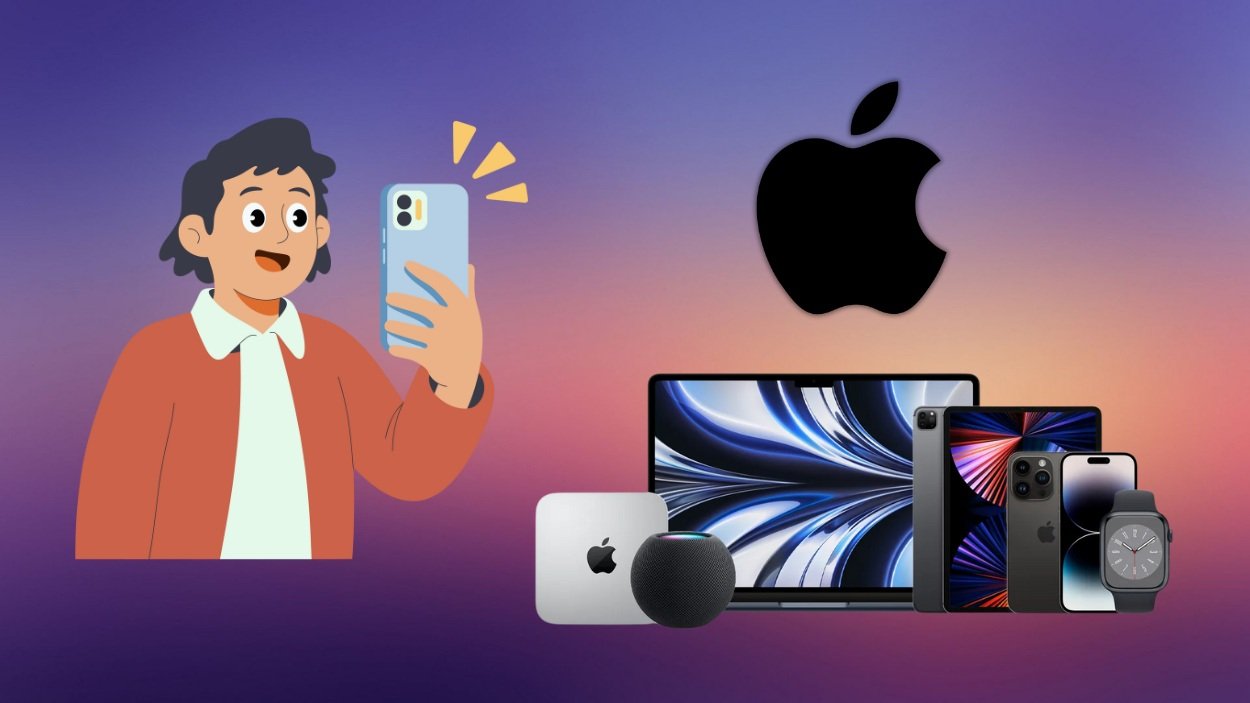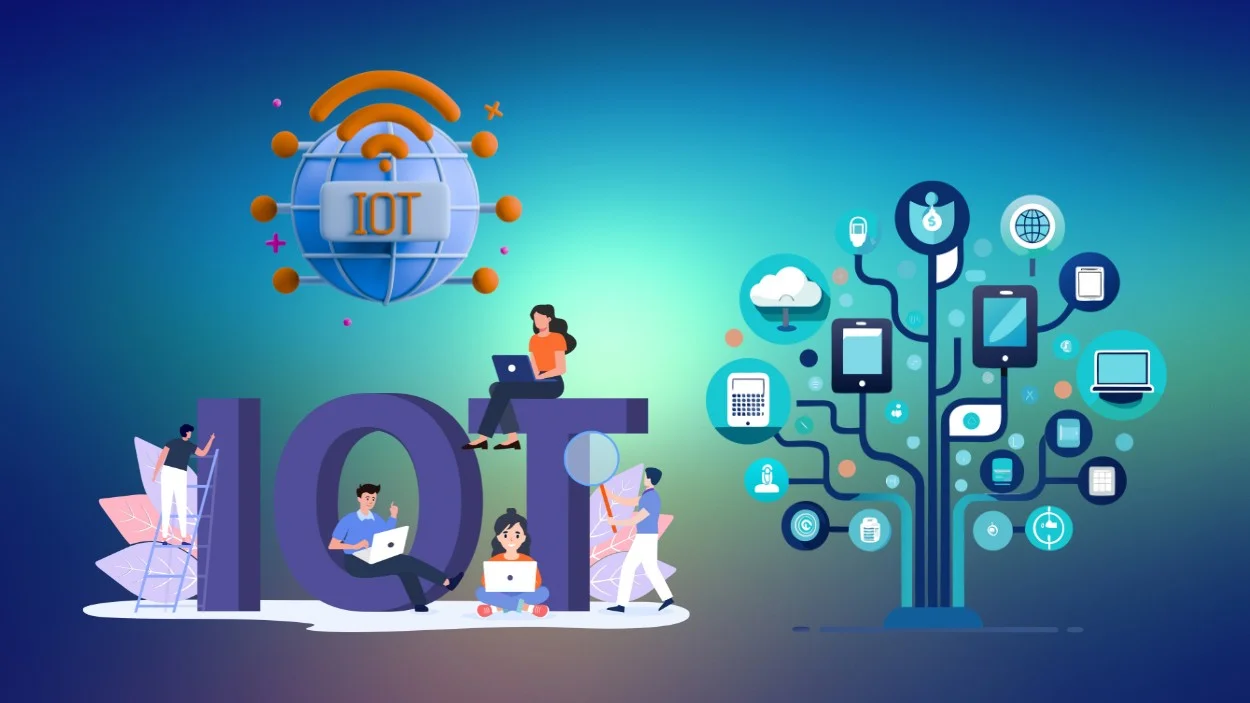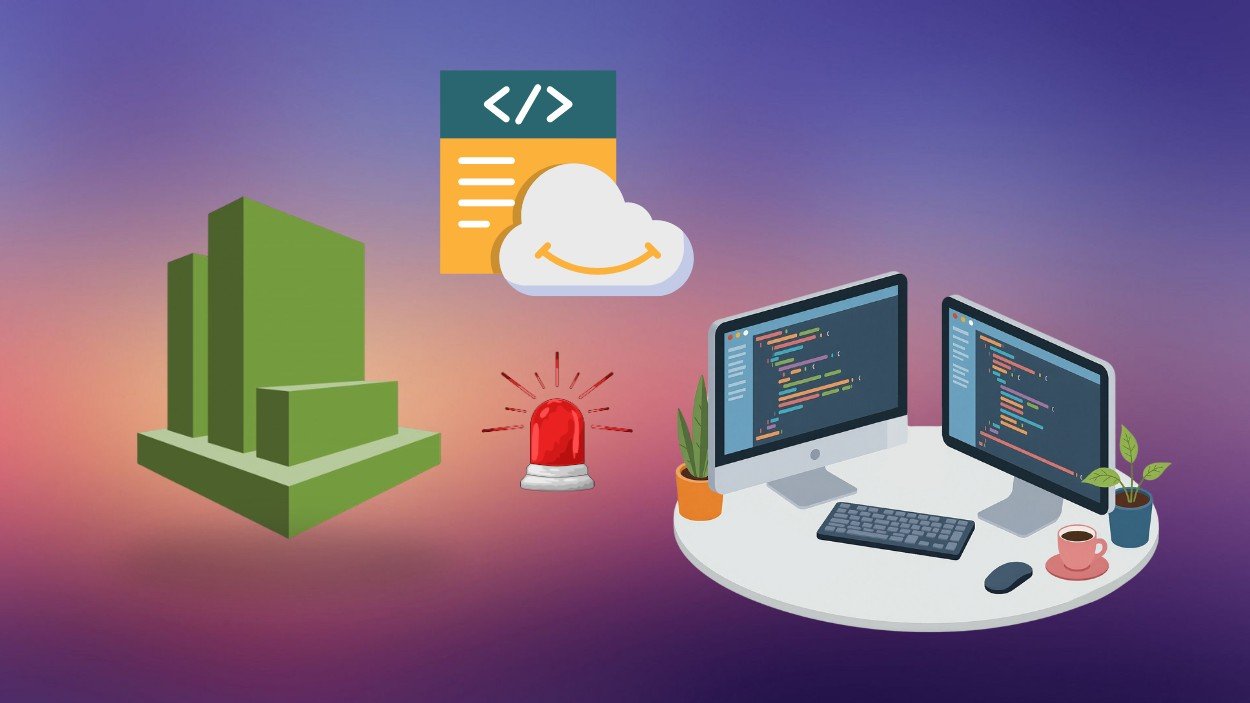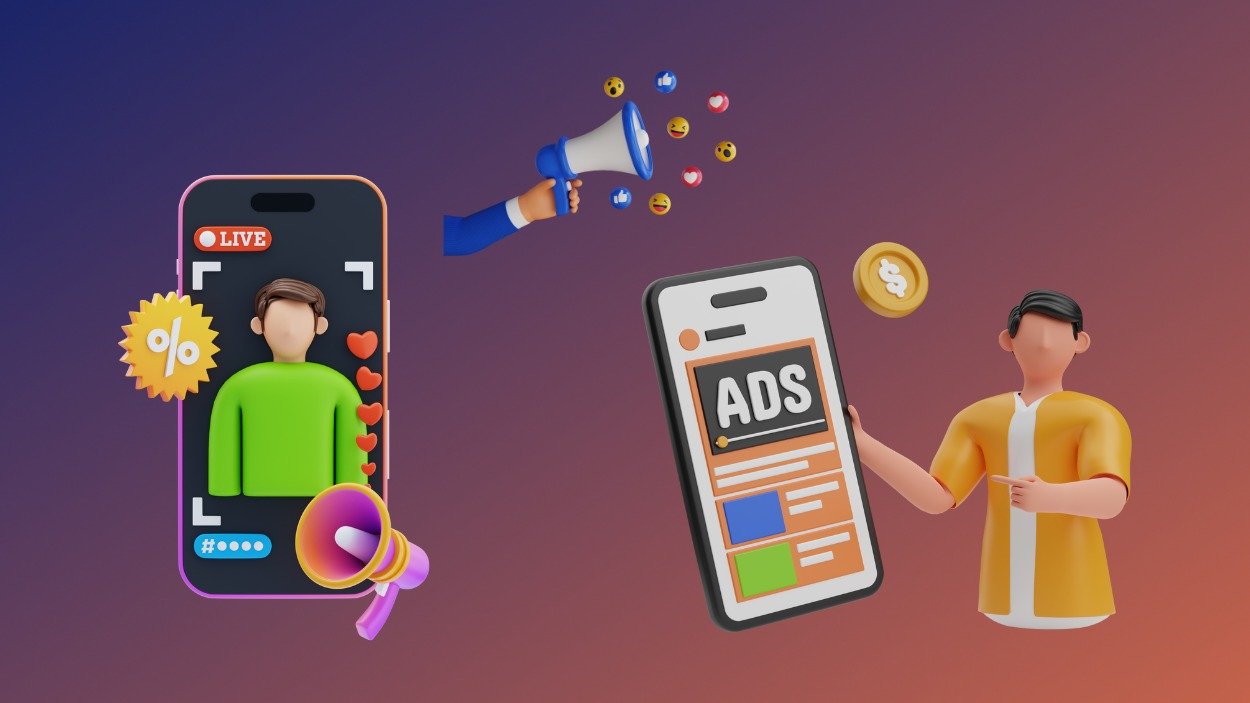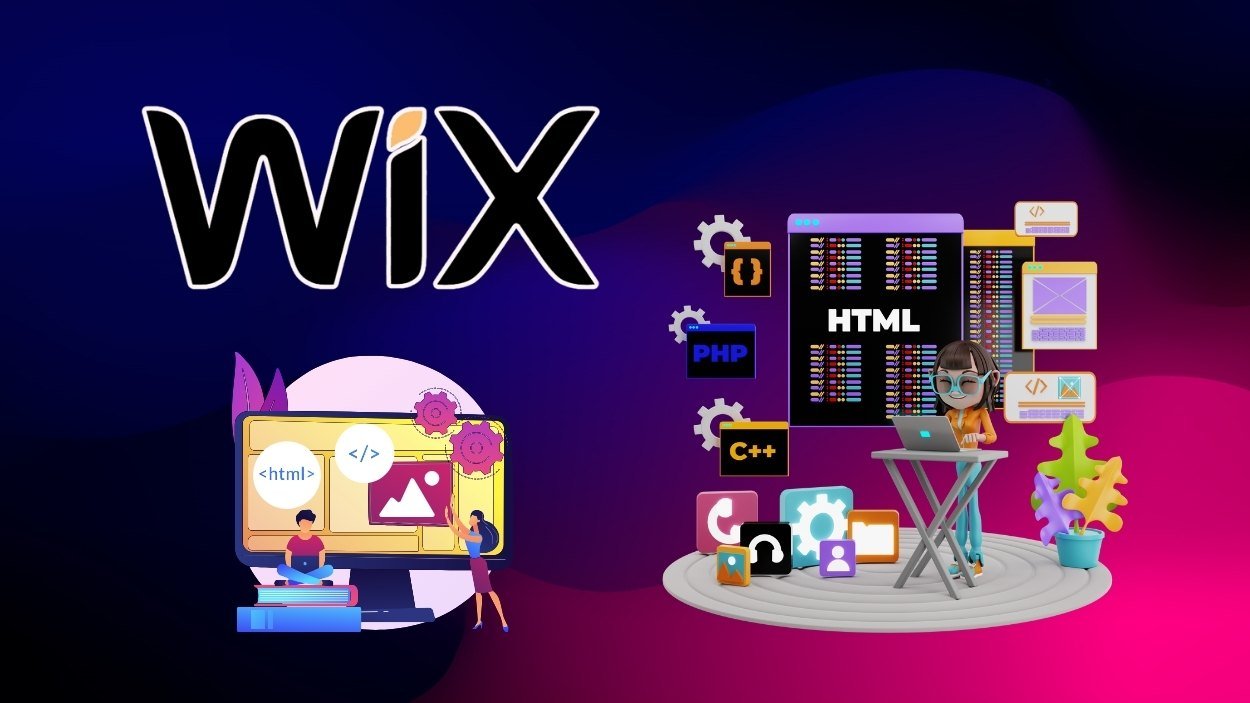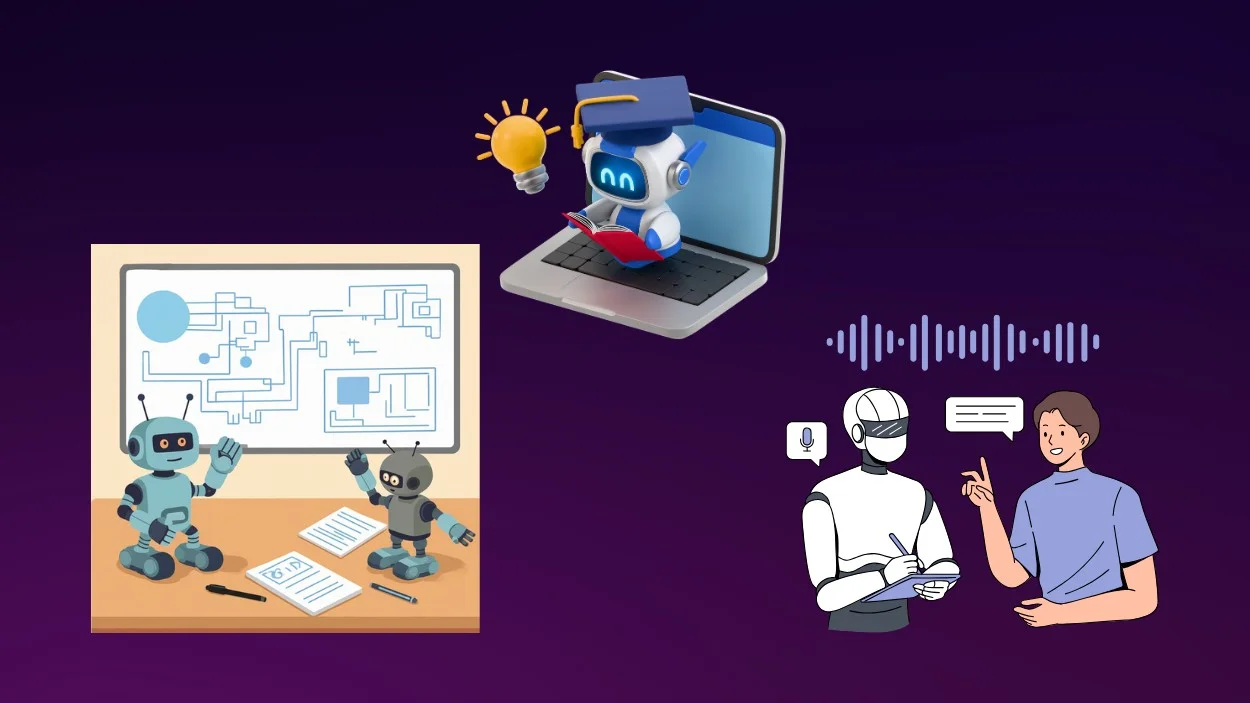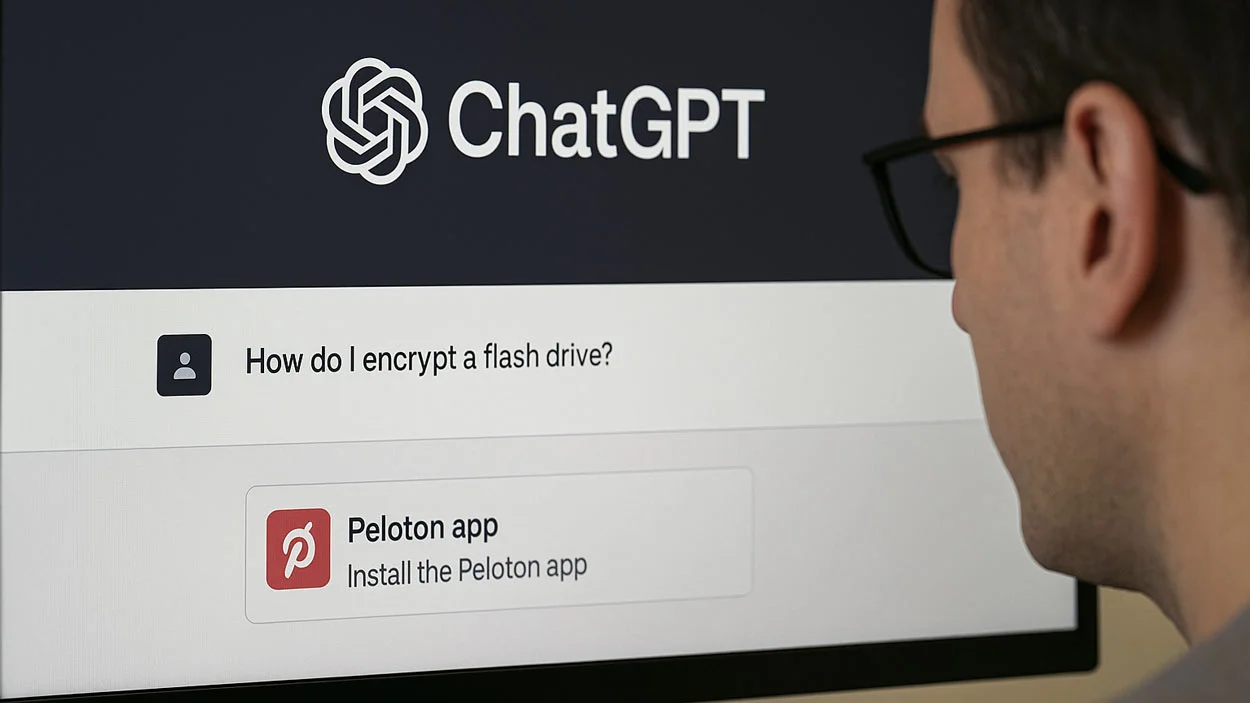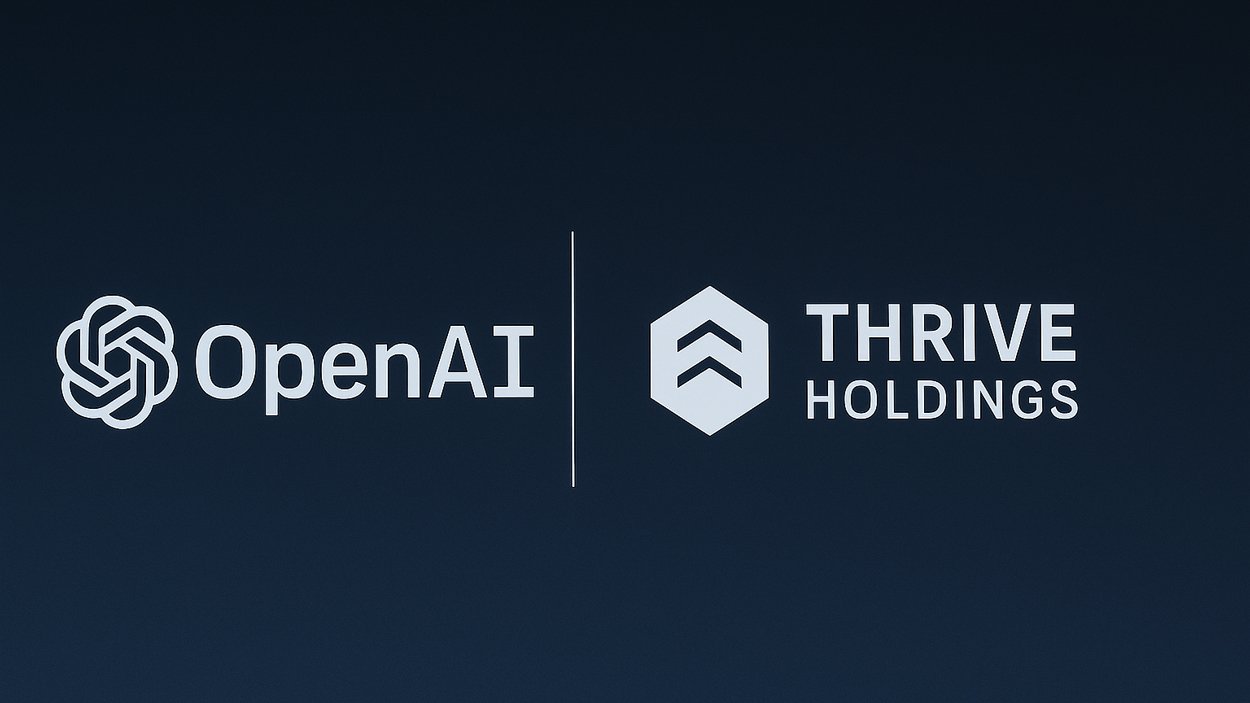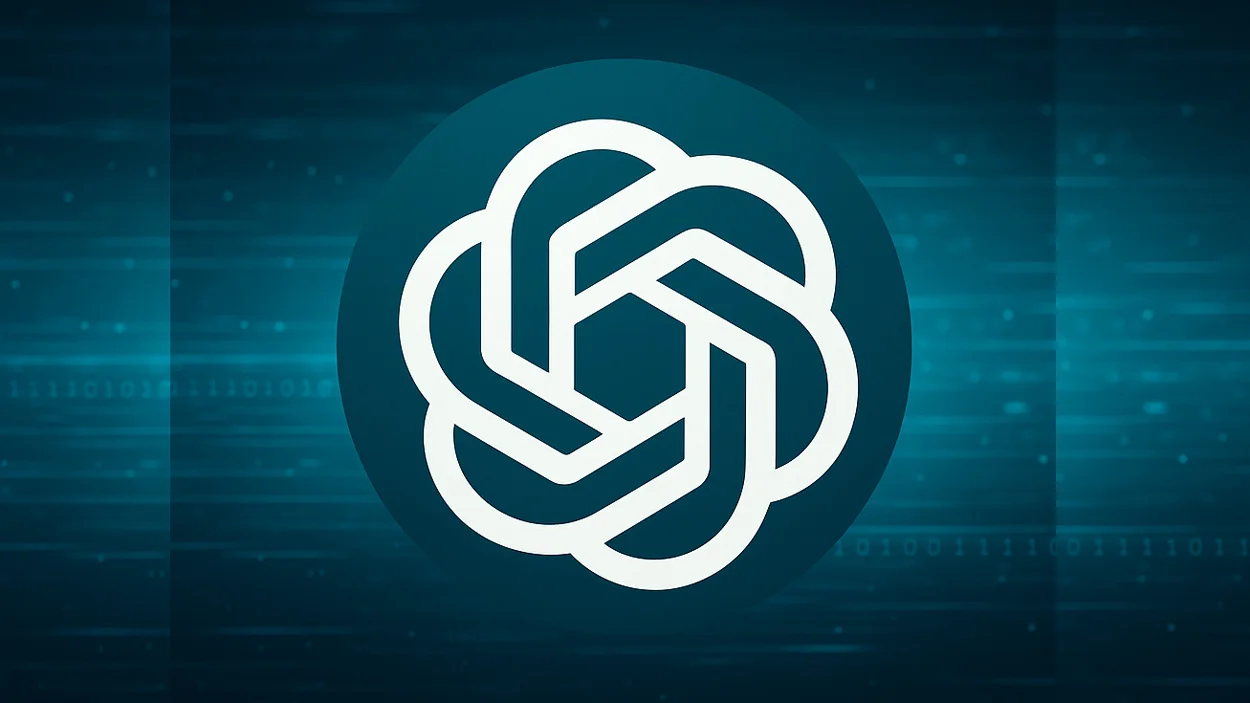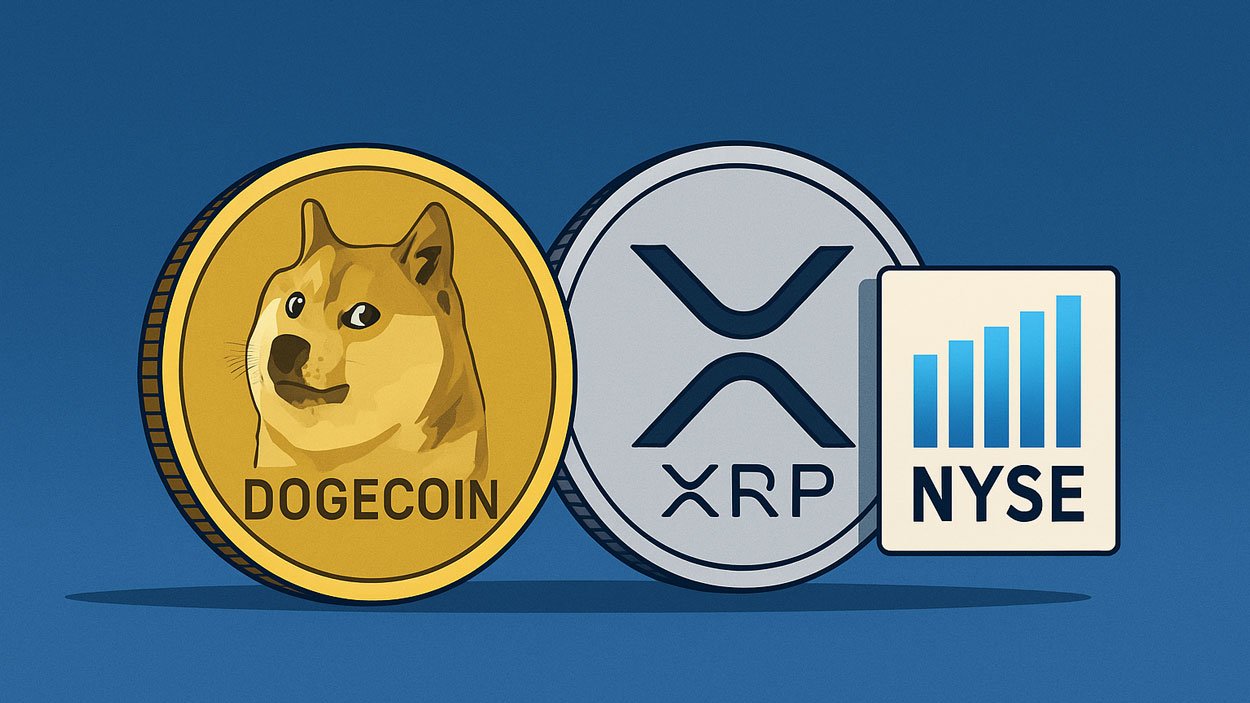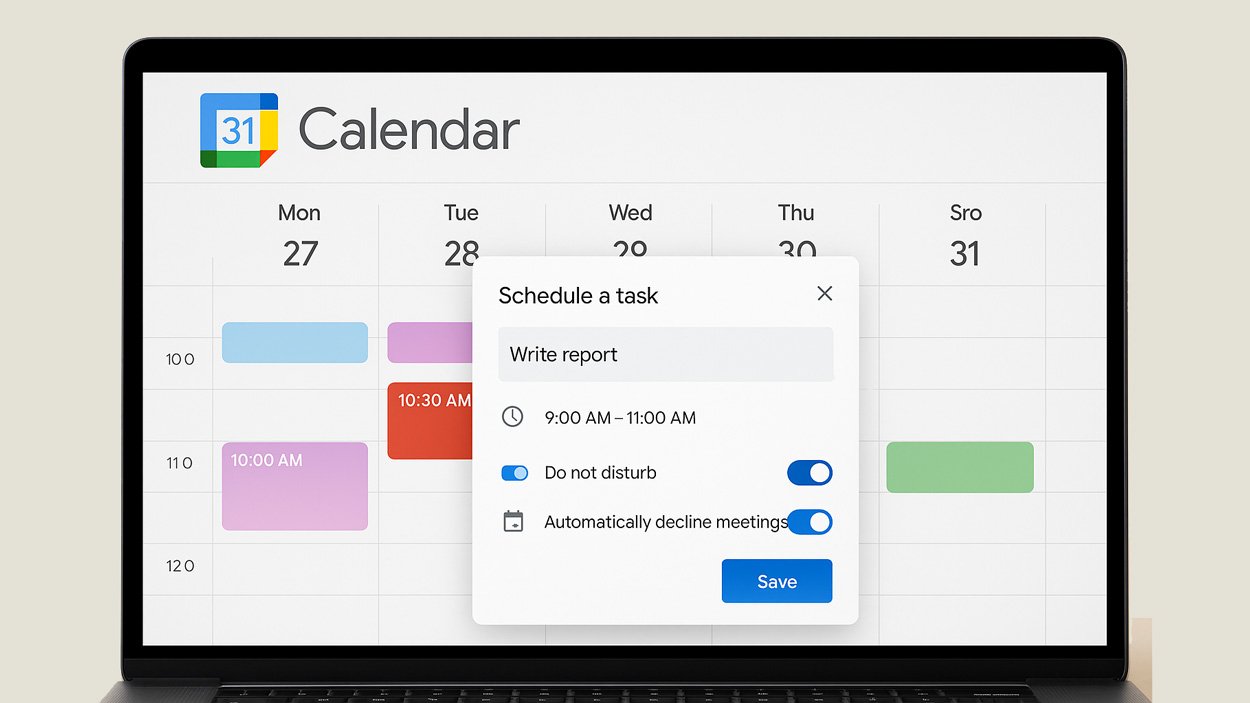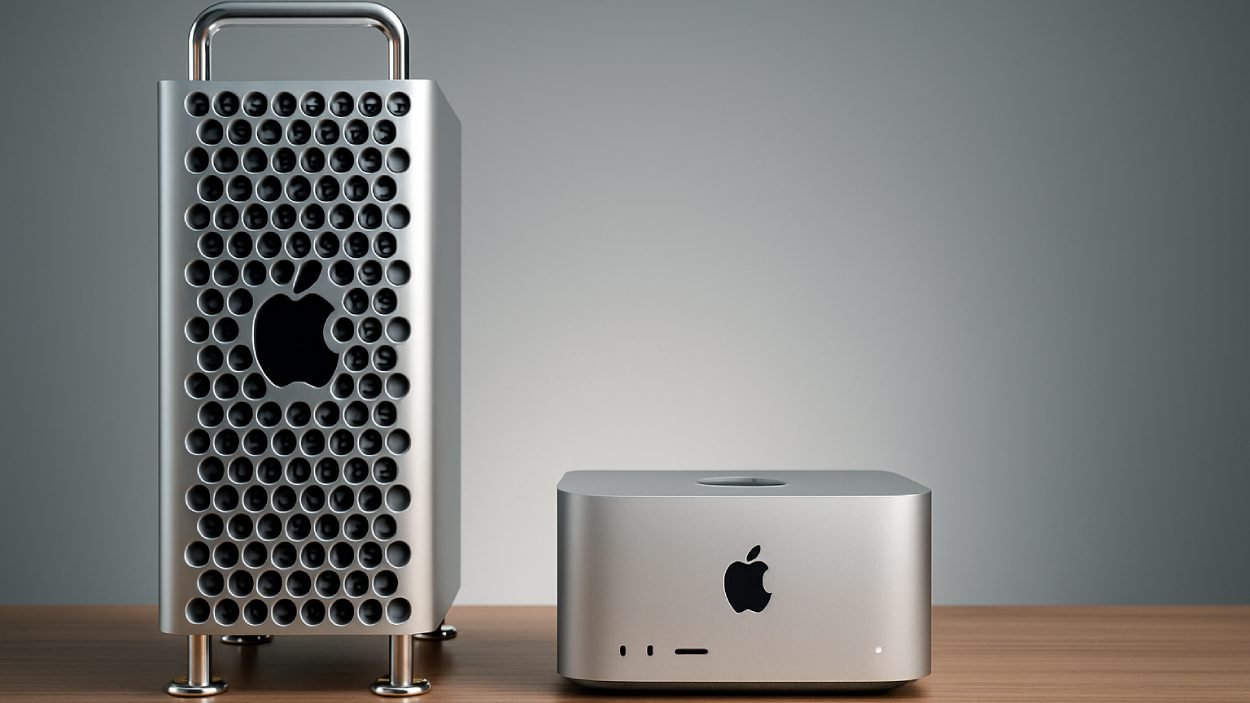Google has unveiled Private AI Compute, a new platform that blends the power of its Gemini AI models with strict privacy protections, ensuring that even Google itself cannot access users’ personal data.
Quick Summary (TLDR)
- Google introduces Private AI Compute, combining Gemini’s cloud intelligence with on-device privacy.
- The system mirrors Apple’s Private Cloud Compute but uses Google’s secure hardware and Titanium Intelligence Enclaves.
- It powers new features on Pixel 10 devices, including smarter Magic Cue suggestions and Recorder app summaries in more languages.
- Experts say third-party verification will be key to gaining enterprise trust.
What Happened?
Google has launched Private AI Compute, a cloud-based platform that lets users enjoy the full capabilities of Gemini AI while keeping personal data private. It represents Google’s strongest push yet toward privacy-preserving AI, following a similar direction set by Apple earlier this year.
A New Standard for Privacy in AI
The goal of Private AI Compute is to make AI more powerful without sacrificing privacy. It works by combining the computational strength of Gemini cloud models with on-device privacy protections. When users activate AI features like summarising recordings or generating contextual suggestions, the processing happens within a hardware-secured cloud environment that Google cannot access.
According to Jay Yagnik, Vice President of AI Innovation and Research at Google, Private AI Compute runs inside a sealed cloud environment built on custom Tensor Processing Units (TPUs). Devices connect securely using encryption and remote attestation, allowing AI tasks to execute in complete isolation.
Google’s Titanium Intelligence Enclaves (TIE) underpin this system, ensuring data stays confidential and cannot be viewed by Google, developers, or advertisers. The company calls this a multi-layered privacy architecture, integrating hardware-level security with its cloud infrastructure.
⚙️ Google announced Private AI Compute, a cloud platform that runs Gemini on Google’s servers while promising that the user’s data remains visible only to the user, not even to Google.
— Rohan Paul (@rohanpaul_ai) November 12, 2025
Because, on-device AI hits limits on reasoning and compute, so heavy requests shift to a… pic.twitter.com/OkTn1oi1kW
Boosting Gemini Experiences on Pixel Devices
Private AI Compute is already being used across Google’s ecosystem. On Pixel 10 devices, features like Magic Cue have become smarter, offering more timely and context-aware suggestions. The Recorder app now provides real-time summaries and can transcribe across a wider range of languages.
These enhancements highlight how the platform bridges the gap between on-device AI limitations and cloud computing power, allowing advanced AI features without compromising privacy. Google says Private AI Compute will make responses faster, more helpful, and more intelligent while keeping all data fully protected.
Privacy Questions Still Remain
Despite Google’s strong privacy promises, industry observers say the company needs to back up its claims with third-party verification. Analysts point out that the announcement lacks mention of System and Organization Controls 2 (SOC 2) audits or customer-managed encryption keys (CMEK), both common requirements in enterprise and regulated sectors.
Without these disclosures, businesses subject to compliance standards such as HIPAA or FedRAMP may hesitate to adopt the technology. Experts suggest that transparent security documentation and cryptographic attestation will be essential for Google to gain enterprise trust.
On the developer side, if Google exposes Private AI Compute APIs through its Gemini API or Gen AI SDK, system integrators and developer tool providers could soon build privacy-focused solutions for regulated industries.
Daily Research News Takeaway
I think this move marks a bold step for Google as it tries to redefine what private AI really means. While Apple set the tone with Private Cloud Compute, Google has turned up the heat by integrating Gemini’s full intelligence into a secure cloud pipeline. It’s an exciting evolution, but the big question is trust. Until Google opens its system for independent audits, the privacy claims may sound impressive, but not yet verifiable. Still, for regular users and Pixel owners, this feels like the start of a new privacy-aware AI era.



